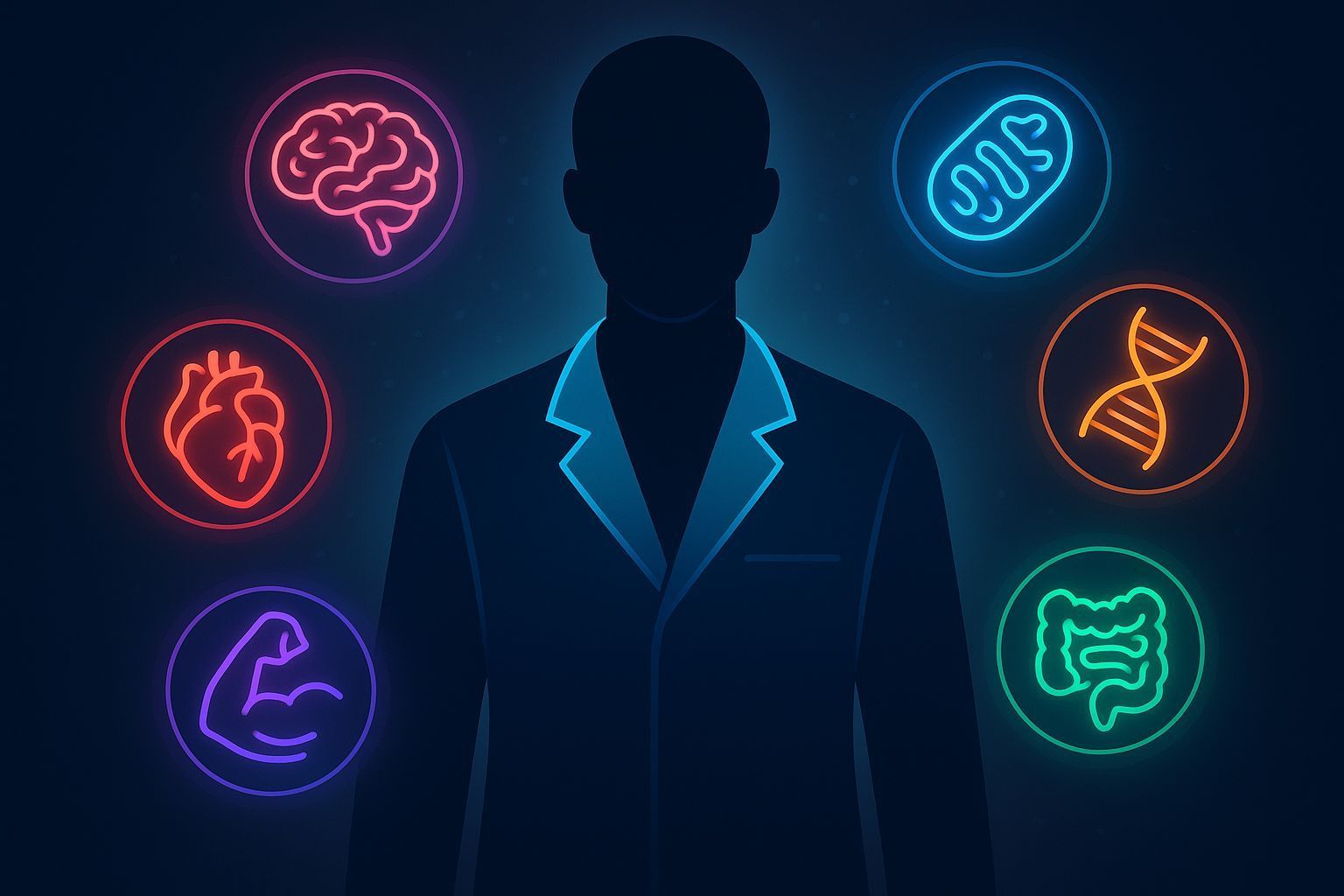You stepped onto your bathroom scale and did a double-take when you saw the numbers had moved up. You thought you were doing everything right. You have made changes in your lifestyle, right-sized your eating, started exercising regularly and even asked for help from your support system when you needed it. Yet, you gained weight. And you don’t understand why!
Here’s one possibility: Somewhere along the way you fell victim to a “trigger.”
What is a trigger? It’s simple: A trigger is any kind of stimulus that we can have a reaction to. Triggers can be sights, smells, sounds, locations, stressful situations—even people—that break down our resistance and cause us to eat things that sabotage our weight loss efforts.
Because triggers are specific for each individual, they can be difficult to recognize, but here are some examples of things that can trigger someone into overeating and gaining weight:
- We can be influenced by our surroundings. The enticing smell of cookies can lure us into a bakery and, usually, when we walk out those cookies leave with us.
- Distracted eating. Sometimes we are triggered simply because we’re not paying attention to what we’re eating. For example, we check emails while snacking on some crackers. When we’re finished, so are the crackers.
We are surrounded by opportunities to eat. Not only are they where you’d expect—like fast food restaurants—but they are not always in traditional places where food would be expected, like those vending machines in hospital waiting rooms, kiosks with specialty coffees at concerts, gas station mini-marts with their displays of candy and coolers of soft drinks, or that box of donuts someone brought to a meeting.
The most important thing is to become more aware of what causes our triggers and to change our behavior so that we aren’t vulnerable to the temptations. For those triggers that are unavoidable or particularly tempting, the key is to have a game plan in place to deal with them—techniques such as visualization (picturing you achieving your weight loss objective) and thought-stopping (thinking something positive, like how proud you were when you started losing weight) can keep triggers at bay until the urge to overeat passes.
With so many opportunities to encounter triggers, it’s not difficult to see how the numbers on our scales can move up. Teaching ourselves how to recognize and avoid our triggers will help us continue to make smarter decisions to reach our weight loss goals!
Our recent Posts
View Other Blogs
Browse and read our blogs to learn more about our tips and tricks.







